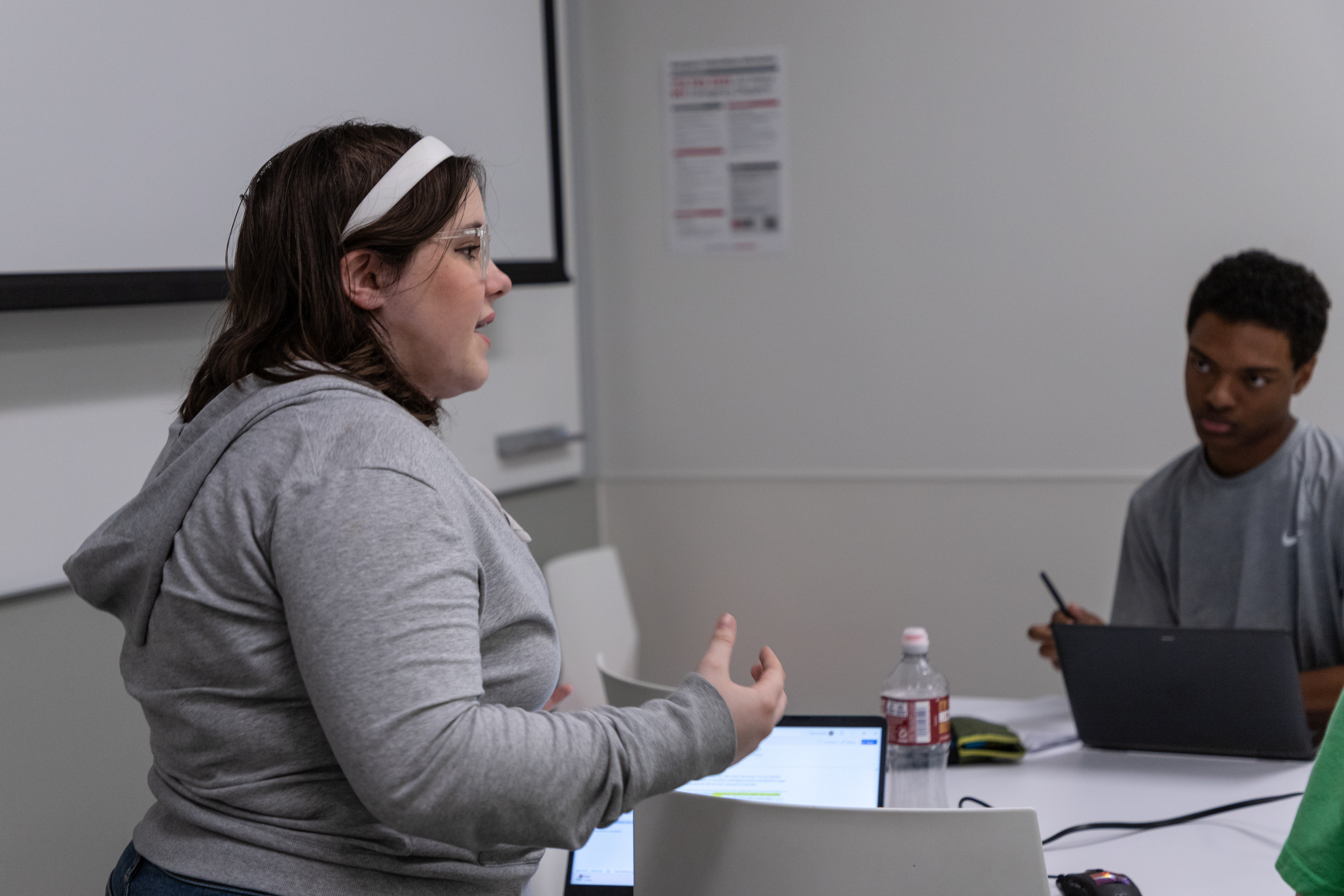World Schools Debate is a format for teams of three to five debaters. Three speakers from each team will compete in a given round, delivering conversational speeches focused on clash around the most reasonable interpretation of the motion. World Schools Debate distinguishes itself from other formats of debate by combining three ways of evaluating the debate-- content (40%), style (40%), and strategy (20%)-- into a single score to determine which team wins the round. While encouraging equivalent levels of research, World Schools is not an evidence-based format; instead, it values in-depth explanations and analysis to prove the global example sets used.
World Schools uses two different types of motions to create a format that encompasses a wide variety of topics for teams to debate. Prepared motions are given ahead of time for debaters to research and often involve clashing models of how to solve the identified problem. Impromptu motions are given to the teams one hour before the round and debaters can only use a dictionary and one-volume almanac (no coaches, internet, or debaters outside of their team) to research. Combined, these two types of motions give debaters the opportunity to engage with topics as diverse as NATO's impact on international security to TikTok's influencer culture.
The format's structure is six eight-minute constructive speeches (three from each team, in alternating order beginning with the Proposition team) followed by two four-minute Reply speeches (one from each team, with the Proposition team closing out the round). Instead of a set questioning period, the teams directly interact with each other through a dynamic mechanism called a POI (Point of Information). After the first minute and before the last minute of a speech, debaters from the opposing team can offer POIs at a rate of about every 20-25 seconds. It is an interjection from the opposing team that allows them to clash directly with what the speaker is saying at the moment-- delivering refutation, providing a counterexample, or clarifying the opposing team's stance on the topic at hand. The debater delivering the speech can accept or reject POIs as they are offered, but should accept one or two per speech.
This format, while newer to many parts of the United States, has a long history in international debate and we are excited to help debaters learn and excel at World Schools Debate!
